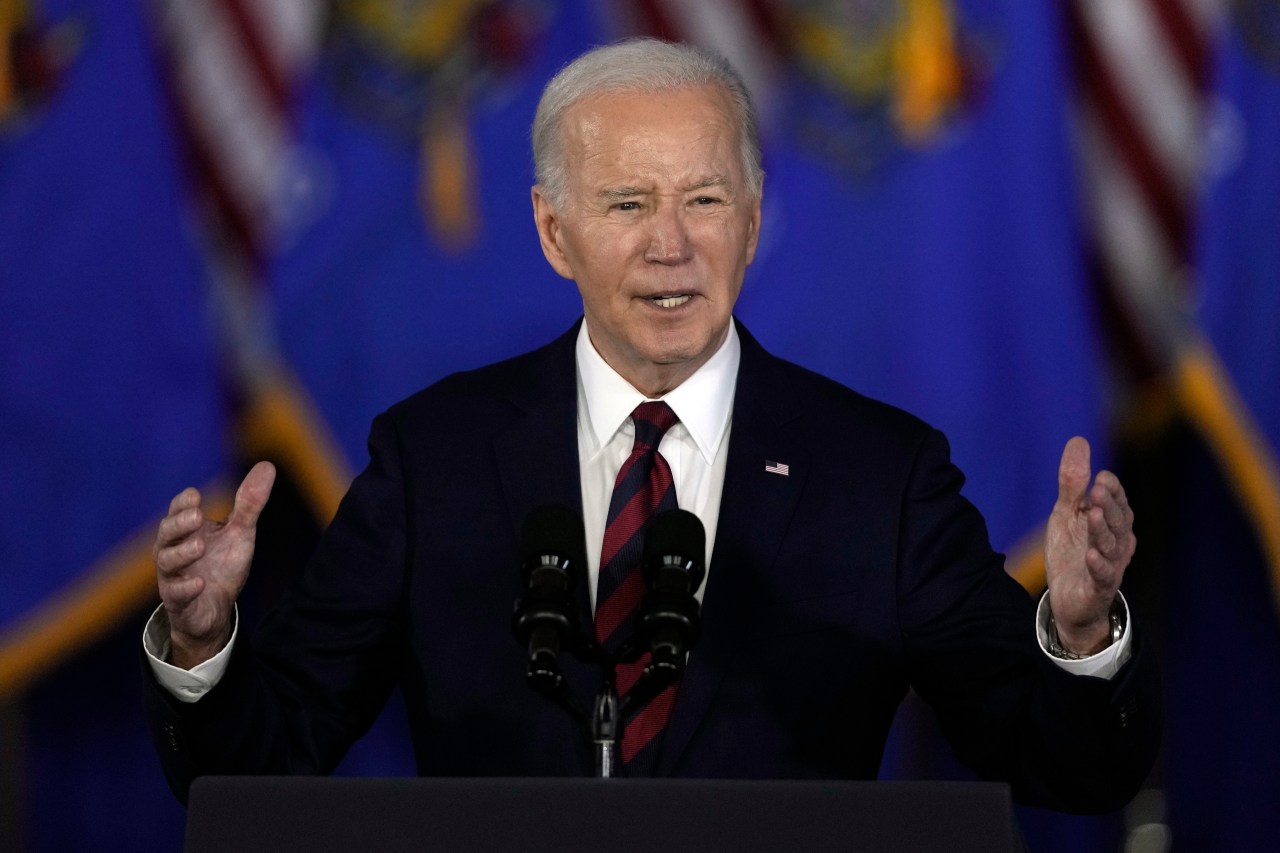A president’s budget proposal is seldom passed into law. Instead, it’s an expression of the priorities the president promises to fight for, often coming on the heels of an agenda laid out in the State of the Union address.
In his recent State of the Union speech, President Biden previewed his economically populist priorities when he said “the days of trickle-down economics are over.”
Trickle-down refers to the idea that tax cuts for the wealthiest “trickle down” to the rest of us. It’s long been a popular idea in Washington, but it’s just not true. A few years ago, the London School of Economics studied 50 years of such “trickle-down” policies in 18 industrialized nations, including the U.S., and found that their only result was increasing the wealth of the already wealthy.
So how do we get prosperity for the rest of us? By taxing extreme wealth and investing those revenues in social goods like education, housing, food and health care. President Biden’s recently released federal budget plan follows that blueprint, putting the value of investing in American families and communities ahead of slashing taxes for the rich.



Unfortunately, it also encourages them to move their “headquarters” to places like the Cayman Islands or Ireland where they have more “favorable” corporate tax laws. The global minimum corporate tax might help, but has no teeth unless all countries sign on or all adherents agree to some kind of financial cost for countries who refuse it.
That said, it’s good to see a US politician, especially a neo-dem like Biden make a real push against trickle-down bullshit.
Then you tax foreign businesses for doing business in the US. They’re not going to give up that market.
This “threat” stings less and less over time - i.e., if we get nothing from them now in taxes, then how would them moving away change anything? Like, would we pay higher amounts for food maybe, or not be able to buy a house anymore, or have lesser access to medical care as a result?
Also, we cannot change how others act, only what we ourselves do. e.g. perhaps if they become honest about being non-taxpaying corporations, we could do things like pass laws restricting the amount of money that such entities could contribute to politicians?
Ultimately, would it be so bad if like “Apple” were a non-American company anymore, and we could incentive our own USA-backed companies instead? (or if Apple does pay appropriate taxes, then substitute with some other company example here) Likewise, Google already is losing its ability to “find stuff”, b/c of its chasing after pure profiteering. Let them go, I say, b/c while that may induce some pain in the short-term, it is the only way that we will heal.
But, I have been wrong before, and you should not base any real decisions off of my opinion:-).
In 2005-2010, a bunch of companies threatened with this line of talk too. Of course, the government caved and they left anyways because of other loopholes.
In mid 2010s, we saw companies try to do this to state governments, threaten billions of dollars of lost funding for the city if they don’t have their way. And the more liberal cities said, “Do it then you little bitch”. And just like everyone predicted, no collapse of society.
Glad the federal government is finally starting to see that too.